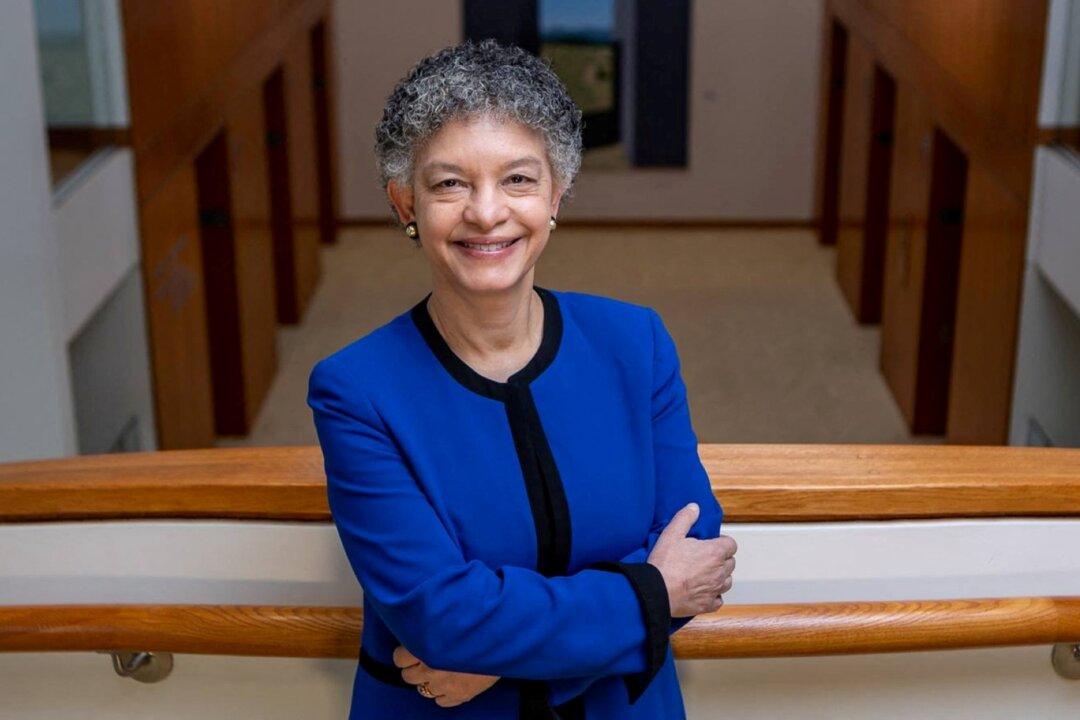The Federal Reserve Bank of Boston on Wednesday named University of Michigan provost Susan Collins as its next chief.
Collins will start her job on July 1, the Boston Fed said in a statement. By then, the Fed is likely to have already begun to tighten monetary policy to fight inflation, raising interest rates and perhaps shrinking its balance sheet.





